
Construction crews build additional loading docks at the new facility. | Courtesy of SEAM.
A South Dakota ITAD and electronics recycling company will spend a couple million dollars to purchase, renovate and move into a larger facility.

Construction crews build additional loading docks at the new facility. | Courtesy of SEAM.
A South Dakota ITAD and electronics recycling company will spend a couple million dollars to purchase, renovate and move into a larger facility.
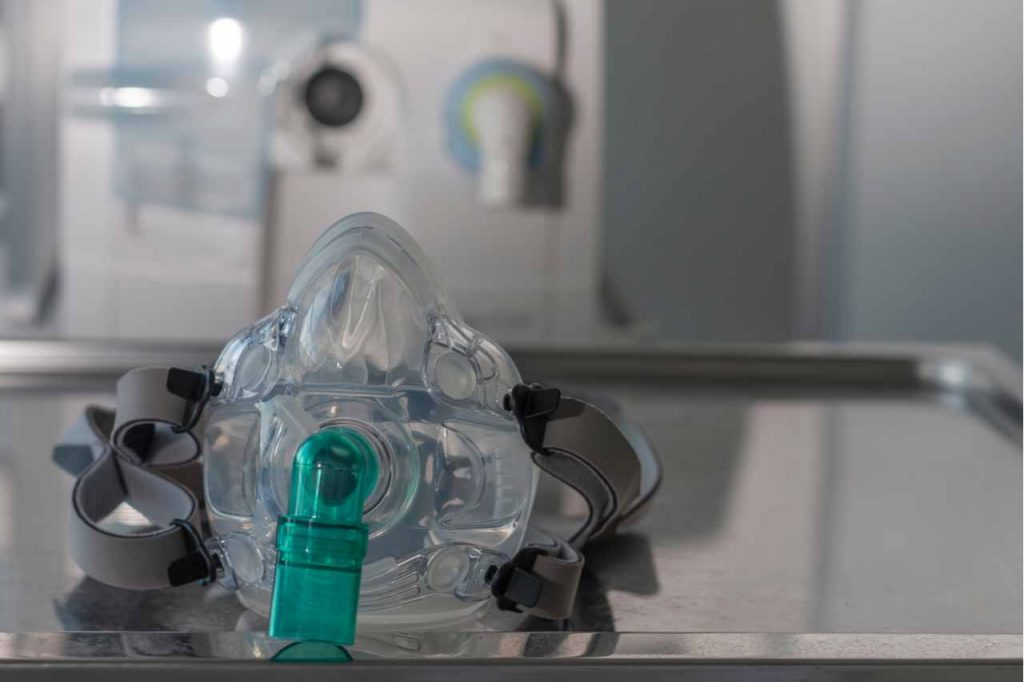
Wisetek is assembling ventilators at its facility in Cork, Ireland. | Patrik Slezak/Shutterstock
An Irish electronics recycling firm has converted its refurbishing line to focus on assembling ventilators. Meanwhile, the medical devices are drawing focus among right-to-repair advocates.

New York City’s e-scrap recycling programs collect an average of 9.4 tons per day at the curb and inside apartment buildings. | tetiana.photographer/Shutterstock
New York City has “indefinitely suspended” its curbside e-scrap collection program, a move expected to save the city about $3.4 million a year.

The $349 billion in initial funding for the Paycheck Protection Program ran out within two weeks. | NIKCOA/Shutterstock
Electronics recycling firms and other processors across the country are looking to a federal assistance program to help them overcome cash-flow problems sparked by the coronavirus. Some have been successful, but others are running into banking complexities and tapped-out funding.
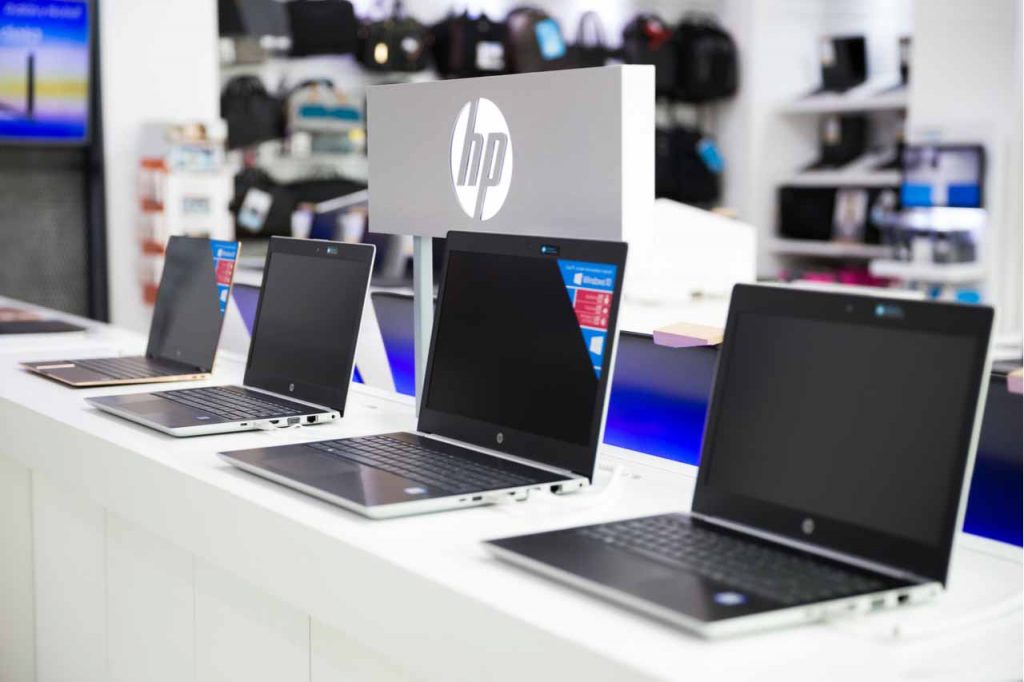
Market research firm Gartner noted that in the first quarter of 2020 shipments of new PCs around the world declined by 12.3% year over year. | N.Z.Photography/Shutterstock
The coronavirus pandemic has disrupted worldwide supply and demand for new PCs, bringing both bad and good news for computer recyclers and refurbishers, according to Gartner.
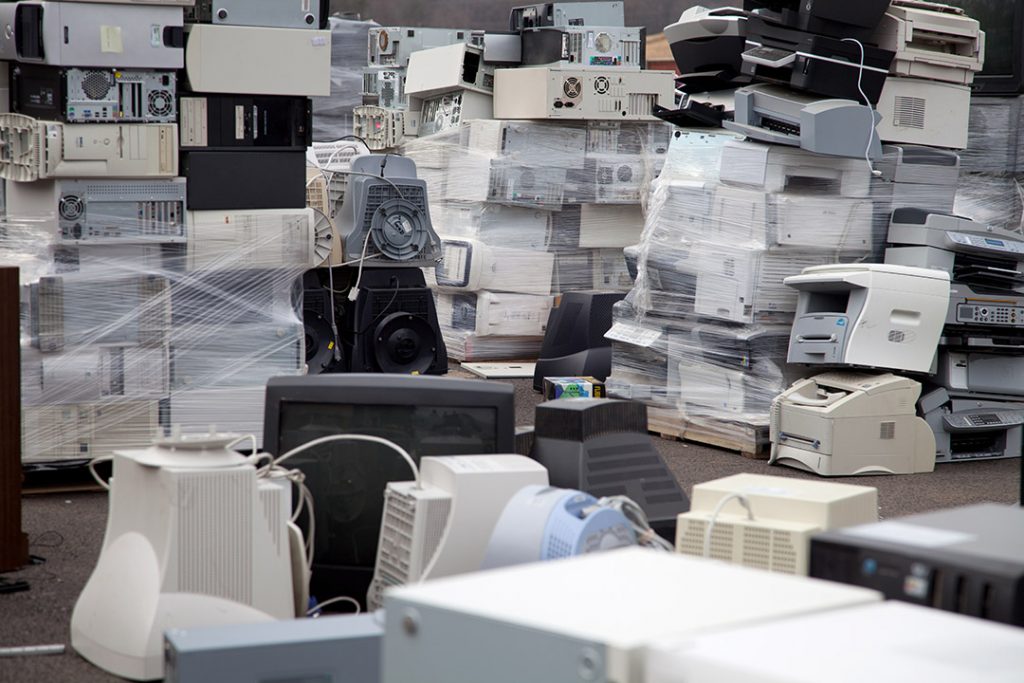
E-scrap programs in Texas have brought in 278.5 million pounds of computers and TVs combined since their inception. | Huguette Roe/Shutterstock
Over 12.5 million pounds of TVs and 6.8 million pounds of computer equipment were collected through Texas state e-scrap programs last year, according to a recent report.
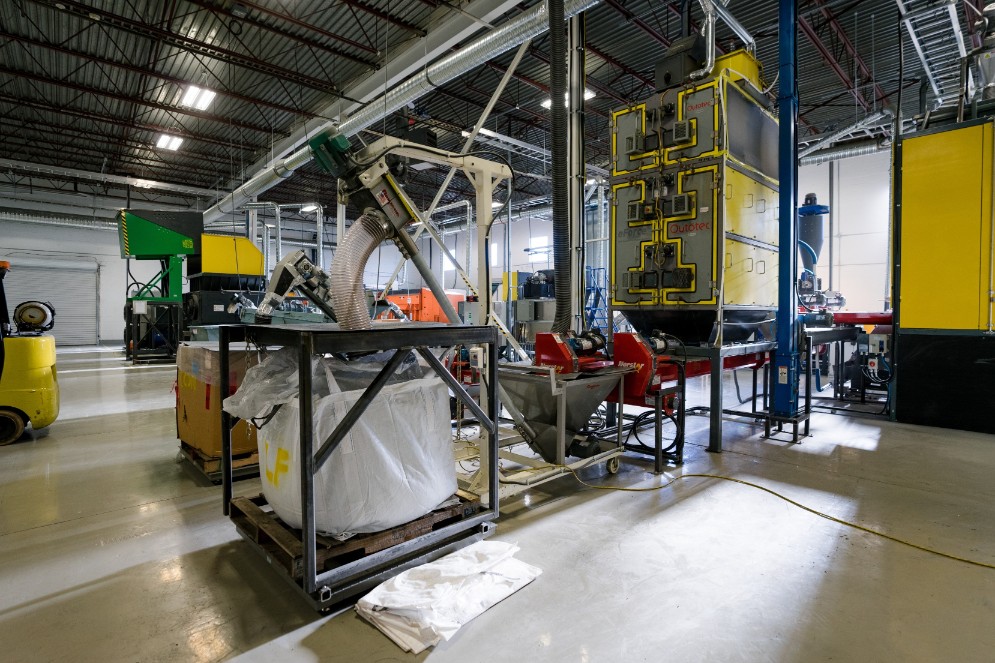
EnviroLeach has been developing a non-toxic hydrometallurgical metals leaching method for several years. | Courtesy of Enviroleach.
Circuit board processor EnviroLeach is gearing up to bring its Canadian facility to commercial-scale capacity in the next two months. The company recently raised significant capital to help in that effort.
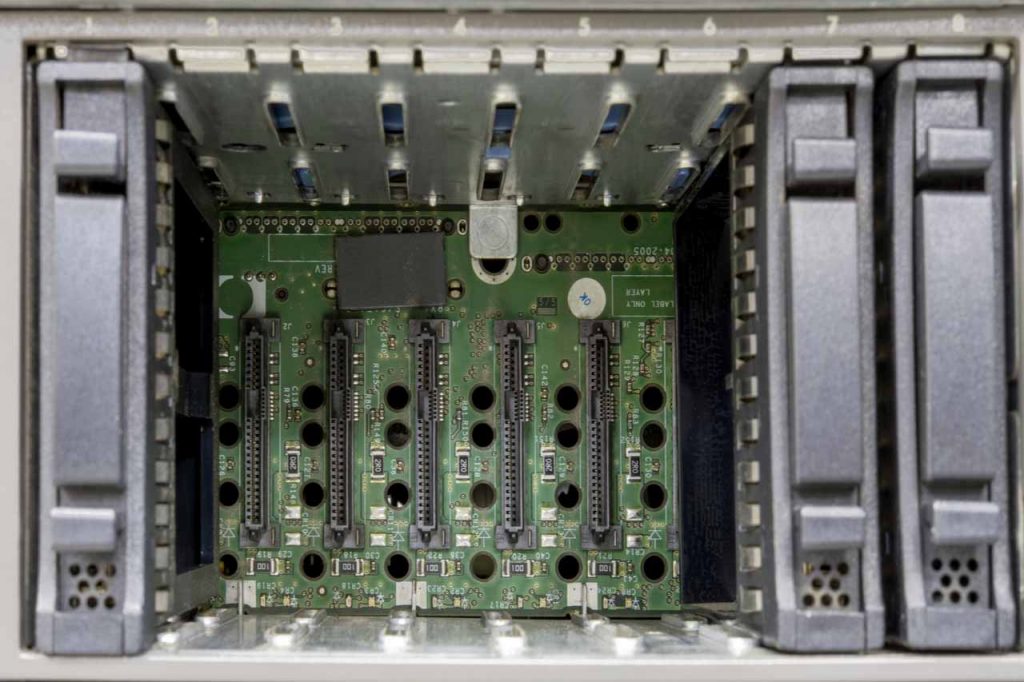
In the midst of coronavirus-related closures, ITAD companies are reporting decreases of up to 75% in the flow of used IT equipment from corporate accounts and other organizations. | Zhuravlev Andrey/Shutterstock
At enterprises across North America, IT asset refresh projects are no longer a top priority. That has meant major volume drops for material processors, as well as painful staffing cuts in some cases.

